 Der Erfinder
Der Erfinder
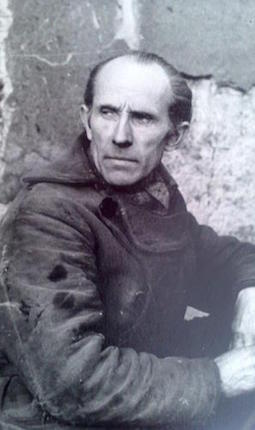
Zeitstrahl
- 1917 Maier is a pilot
-
1918 study construction machinery in
Karlsruhe
-
1923 Degree with above-average marks,
Maier is from now on graduate engineer for machine
construction; after the study got Maier a job by
Junkers.
-
1923 / 24 Maier traveled to Columbia
for Junkers and was the youngest Flugwerftleiter, he
stayed 3 years in columbia.
-
1926 / 27 Return to Germany. Maier
worked at first by Junkers in Dessau; He then
traveled to Moscow for Junkers. He worked as
development manager for Junkers-airplane. ( from
1922 to 1926 were over 200 airplanes and engines in
a state-owned Joint-Venture company with Hugo
Junkers produced).
-
1928 - 1931 Mr. Maier went to the
Albatros aircraft factories in Berlin Johannisthal
and was from now on company manager. he had a good
relationship with Walter Micron in Prague. There
were motors for light aircraft developed and
produced.
-
1930 Maier belonged to the upper class
society. He met his first wife and married on the
first of may 1930. The marriage lasted 5 years.
-
1931 Maier founded the company
`Leichtbau Maier` in Berlin and applied for a
patent
on the monocoque, closed carbody.
-
1933 Adolf Hitler started the
announcement for a vehicle for the masses. A munich
company paid Maier 300.000 Reichsmark for the
development of that so-called `Volkswagen; After the
first patent application, Maier applied for a patent
for the monocoque closed all-steel bodywork, just
after the publishing of his first patent
application.
-
1933 - 34
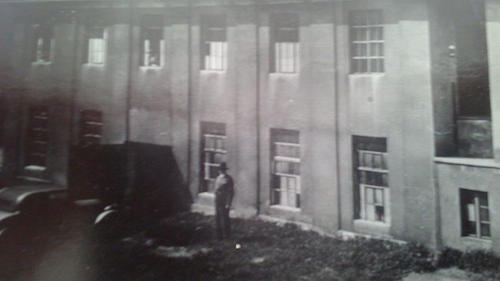 Maiers` prototype construction on the
Sömmeringstreet 30, Maiers` new company ground. It
is a Limousine with 20 PS-DKW-rear engine.
Maiers` prototype construction on the
Sömmeringstreet 30, Maiers` new company ground. It
is a Limousine with 20 PS-DKW-rear engine.
-
1934 Citroen presented the 7CV, later
11CV, a mass-produceable vehicle with a monocoque
closed all-steel bodywork.
-
1935
He got divorced from his first wife because of
difficulties with the NS-regime. Leichtbau Maiers`
completion with the official title LM 0501/35, the
name is probably the completion date, the fitth of
january 1935. His patent application for the
monocoque closed all-steel bodywork was on the 25th
of october 1935 in Germany published. The complete
english version of that patent application was on
the 17th of october 1936 in America published. The
vehicle were denied because of dissension with the
government. Maier was obliged, to be quiet about his
project. That is the reason why there aren`t photos.
Nevertheless the car was announced. On the number
plate were the chief constables` stamp Berlin 1935
and the imperial eagle. Later, the patent
applications were confiscated and partly destroyed.
His patent application of the monocoque closed
all-steel bodywork can not be found anymore by the
patent office. One year later were the prototype of
the VW-beetle-bodywork, model V3, published. The
company ground on the Sömmeringstreet was till 1943
from the Wehrmacht occupied. Maier was forced to
repair vehicles from the Wehrmacht.
-
1935 Citroen 11CV and Opel Olympia were
the first cars, which were produced with a monocoque
all-steel bodywork.
-
1939 Maier got a Peugeot 202 from
Peugeot as a gift. He met his second (future) wife
in Berlin. She was a danish ballet dancer.
-
1943
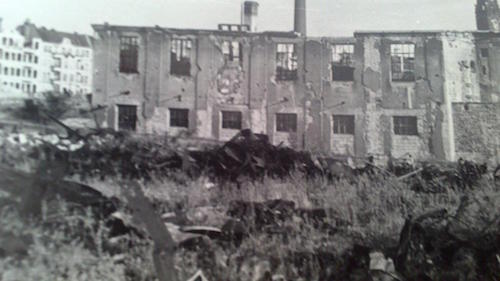 His plot of land and the car were badly damaged by a
bomb attack over Berlin-Charlottenburg; His daughter
was born: Maier bought the plot of land, which will
be remodel into a sports field.
His plot of land and the car were badly damaged by a
bomb attack over Berlin-Charlottenburg; His daughter
was born: Maier bought the plot of land, which will
be remodel into a sports field.
-
1944 Wife and daughter left Berlin and
traveled to Denmark; a further badly bomb attack
over Berlin destroyed his workshop, some
outbuilding, many sketches and developments.
-
1945 Russians` Invasion, Maier was
taken as a valuable prisoner of war away, but he
could escape during the transport.
-
1947
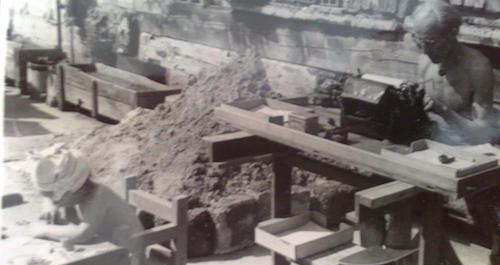 Return from his girlfriend and daughter, he married
her. The family lived in the ruins of his workshop.
Return from his girlfriend and daughter, he married
her. The family lived in the ruins of his workshop.
-
1954 Wife and daughter left F.E. Maier.
The marriage was divorced. He let 2 patent
applications from the pre-war period new
authenticate. The sales were immediately took away,
because the chemical company sued Maier for damages.
Maier could not managed to get financial
compensation for old patent applications, despite
having legal adviser. Mr. Maier moved into the
Darwin-Garages on the Quitzowstreet and lived on the
workshop ground till 1959.
-
1959 Maier moved to the Gierkeplatz in
Berlin, a backyard will be his last home. The
prototype was stored at the cowshed behind the main
house.
-
60es
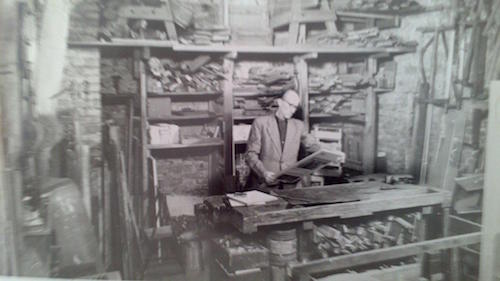 Maier fight furthermore for the recognition for his
patent applications. He started just after the war
with that. His inventions, e. g. the monocoque
all-steel bodywork and the full-adjustable drivers`
seat, are now basics in the car manufacture
worldwide. all car manufacturer use that inventions,
without ever paid something. Mr. Maier isolated
himself more and more from the society. The
investing companies` litigation because of
compensatory damages against Maier was still go on.
The contact to his daughter suffered.
Maier fight furthermore for the recognition for his
patent applications. He started just after the war
with that. His inventions, e. g. the monocoque
all-steel bodywork and the full-adjustable drivers`
seat, are now basics in the car manufacture
worldwide. all car manufacturer use that inventions,
without ever paid something. Mr. Maier isolated
himself more and more from the society. The
investing companies` litigation because of
compensatory damages against Maier was still go on.
The contact to his daughter suffered.
-
70es Mr. Maier had a friendship with
Grit Böttchers` boyfriend. A contact to the film
industry developed. The car appeared there
unrestored.
-
1974 / 75
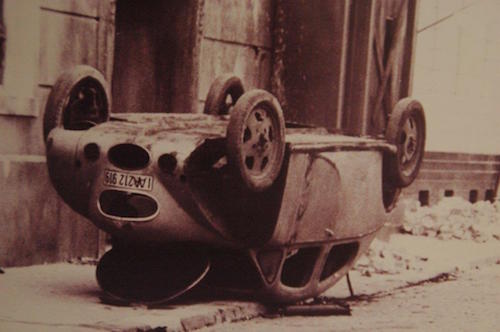 Maiers` prototype appeared in the movie `Tadellöser
und Wolff`, which was published in 1975.
Maiers` prototype appeared in the movie `Tadellöser
und Wolff`, which was published in 1975.
-
1976 Friedrich Eugen Maier died
impoverished and lonely in Berlin in the spring. His
body was found by his daughter only a few weeks
after his death (15.03.-23.06.1976); His daughter
sold the prototype and a Peugeot 202, the only
vehicle, which her father after the war owned and
drove, to a movie-equipment company; All documents
and life works were `disposed`. They are useless
because of the smell of the decomposition.
 Der Erfinder
Der Erfinder

 Maiers` prototype construction on the
Sömmeringstreet 30, Maiers` new company ground. It
is a Limousine with 20 PS-DKW-rear engine.
Maiers` prototype construction on the
Sömmeringstreet 30, Maiers` new company ground. It
is a Limousine with 20 PS-DKW-rear engine.
 His plot of land and the car were badly damaged by a
bomb attack over Berlin-Charlottenburg; His daughter
was born: Maier bought the plot of land, which will
be remodel into a sports field.
His plot of land and the car were badly damaged by a
bomb attack over Berlin-Charlottenburg; His daughter
was born: Maier bought the plot of land, which will
be remodel into a sports field.
 Return from his girlfriend and daughter, he married
her. The family lived in the ruins of his workshop.
Return from his girlfriend and daughter, he married
her. The family lived in the ruins of his workshop.
 Maier fight furthermore for the recognition for his
patent applications. He started just after the war
with that. His inventions, e. g. the monocoque
all-steel bodywork and the full-adjustable drivers`
seat, are now basics in the car manufacture
worldwide. all car manufacturer use that inventions,
without ever paid something. Mr. Maier isolated
himself more and more from the society. The
investing companies` litigation because of
compensatory damages against Maier was still go on.
The contact to his daughter suffered.
Maier fight furthermore for the recognition for his
patent applications. He started just after the war
with that. His inventions, e. g. the monocoque
all-steel bodywork and the full-adjustable drivers`
seat, are now basics in the car manufacture
worldwide. all car manufacturer use that inventions,
without ever paid something. Mr. Maier isolated
himself more and more from the society. The
investing companies` litigation because of
compensatory damages against Maier was still go on.
The contact to his daughter suffered.
 Maiers` prototype appeared in the movie `Tadellöser
und Wolff`, which was published in 1975.
Maiers` prototype appeared in the movie `Tadellöser
und Wolff`, which was published in 1975.



